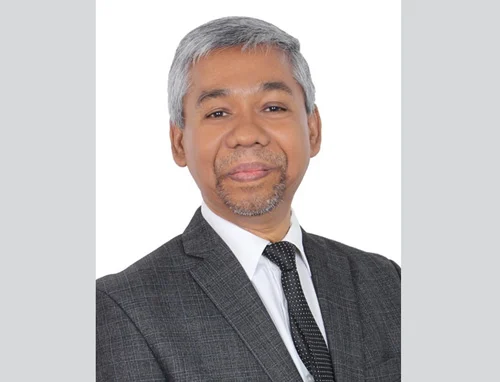The Bangladesh government has made sweeping changes to the export-import duty and tax structure in the 2025–26 fiscal budget, aiming to simplify trade, boost transparency, and strengthen domestic industries ahead of the country’s graduation from least developed country status.
To outline the new measures, the National Board of Revenue (NBR) hosted a seminar in Dhaka where officials from Customs, VAT, and Income Tax wings discussed tariff adjustments, administrative reforms, and revenue targets.
“These reforms are not only about revenue,” said National Board of Revenue Chairman Abdur Rahman Khan. “They’re about easing trade and improving transparency while helping local industries grow,” he added.
Key changes in customs and supplementary duties
Two new duty slabs were introduced: 3 per cent on crude petroleum and 6 per cent on refined petroleum, replacing the earlier 5–10 per cent range. The duty on crude oil was cut from 5 per cent, and that on diesel and kerosene from 10 per cent.
Supplementary duty (SD) on garments dropped to 40 per cent from 45 per cent, on fabrics to 10 per cent from 20 per cent, and on pasta and cereal-based food to 20 per cent from 30 per cent. However, SD on granite and marble blocks rose to 45 per cent, while duties on helicopters, motors, LED parts, and methanol also increased.
Customs duties were withdrawn entirely on 107 products and reduced on 60 others. SD was scrapped on 19 items and cut on 431.
Legal and structural reforms
The de minimis value limit was raised to Tk 4,000 from Tk 2,000. The interest rate on delayed duty payments was revised to 1 per cent monthly, replacing the earlier annual rate of 10 per cent. Tax evasion notices will now only be issued for amounts exceeding Tk 4,000.
Commissioners have been given broader powers in customs officer assignments. A total of 107 user-based HS codes were removed to avoid redundancy and better align with international standards.
Health sector gets a boost
Customs duty, VAT, and regulatory duty were waived on 36 active pharmaceutical ingredients and chemicals used in cancer treatment. Import duties on medical equipment for hospitals with more than 50 beds were capped at just 1 per cent.
NBR officials noted that the restructuring aims to build a stronger industrial base, expand export diversification, and ensure better compliance. However, the long-term success of the reforms will depend on their effective implementation and investor confidence in the regulatory transition.


